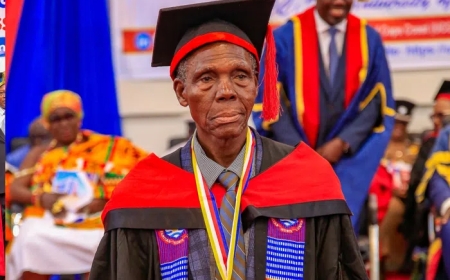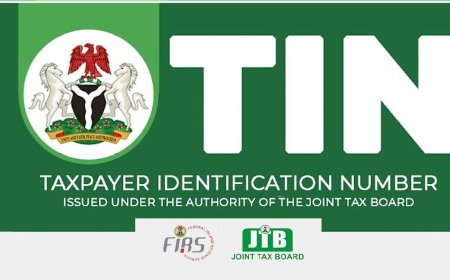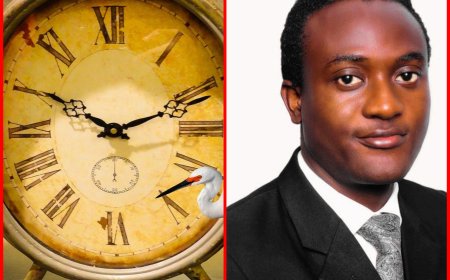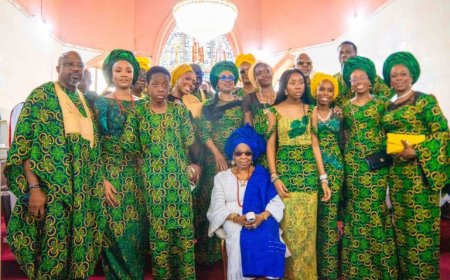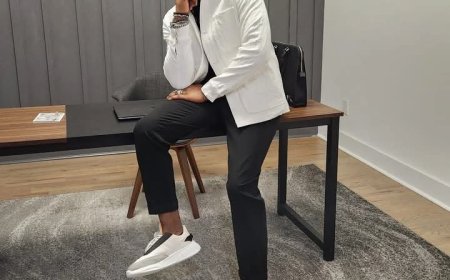Controversy Erupts as Delta Police Begins Crackdown on ‘Indecent Dressing’ Under VAAP Law, Offenders Face N50,000 Fine or Community Service
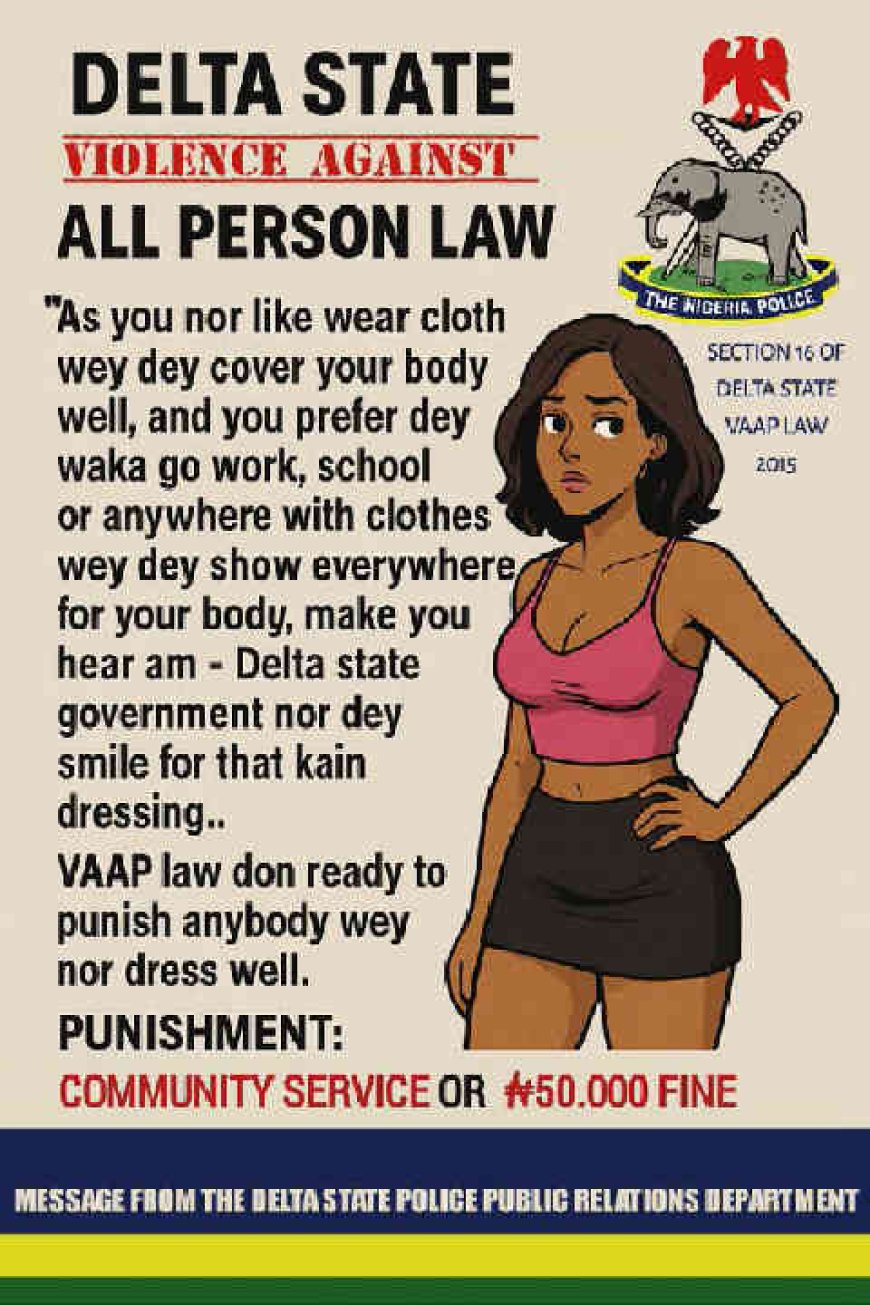
By: Israel Adeleke
OPEN TELEVISION NAIJA (OTN) News reports as gathered that, the Delta State Police Command has launched an enforcement campaign targeting what it describes as "indecent dressing" in public, invoking Section 16 of the Delta State Violence Against All Persons Prohibition (VAAP) Law of 2015.
OTN News further reports that, according to the force, under the new drive, individuals, particularly women, found in attire deemed inappropriate could face a fine of N50,000 or be sentenced to community service.
The campaign, announced through a public notice written in Pidgin English, is accompanied by a cartoon image of a woman dressed in a crop top and short skirt.
The message warns, "As you nor like wear cloth wey dey cover your body well... VAAP law don ready to punish anybody wey nor dress well.”

OTN News, however, observes that, the directive has sparked immediate backlash across social media and legal circles.
Although Section 16 of the VAAP Law was originally intended to address psychological and emotional abuse, critics say its application to dress codes is legally shaky and constitutionally questionable.
“This could easily become a tool for profiling and harassing young women,” said a human rights lawyer based in Warri who declined to be named. “The law was meant to protect victims of violence, not to police fashion choices.” the human rights lawyer added.
OTN News further observes that the women’s rights advocates have also condemned the campaign as a gender-biased policy that infringes on constitutional rights.
“Why is this targeted only at women?” asked feminist activist Adaeze Ugwu from Asaba. “Will men in sagging jeans or transparent clothing face the same punishment?”
Legal scholars warn that the vague term “indecent dressing” lacks a clear legal definition, leaving enforcement open to arbitrary interpretation by police officers.
In his own part, a constitutional law expert, Dr. Musa Lawal, noted, “This overreach sets a dangerous precedent. Today it’s short skirts; tomorrow it could be hairstyles.”
Section 34 and Section 37 of the Nigerian Constitution, which guarantee personal dignity and privacy, may be violated by such enforcement, experts argued.
The VAAP law itself does not explicitly criminalize clothing choices, experts further argued.
Social media users have also taken to platforms like X (formerly Twitter) and Facebook to denounce the campaign, labeling it “morality policing.”
A user, @NaijaJustice, wrote, “If the police focused half this energy on tackling armed robbery or cultism, Delta State would be safer.”
Despite the criticism, some citizens support the initiative, citing a perceived erosion of cultural values and public decency.
They believe the move could help curb public indecency and restore moral standards.
However, the Delta State Police Public Relations Office has not yet provided clarification on how “indecent dressing” will be defined or enforced, fueling further public confusion.
The Delta State Ministry of Justice and the Commissioner of Police have also remained silent on the matter as of press time.
Civil society groups are now calling for a judicial review and encouraging affected individuals to challenge any enforcement actions in court.
What's Your Reaction?















